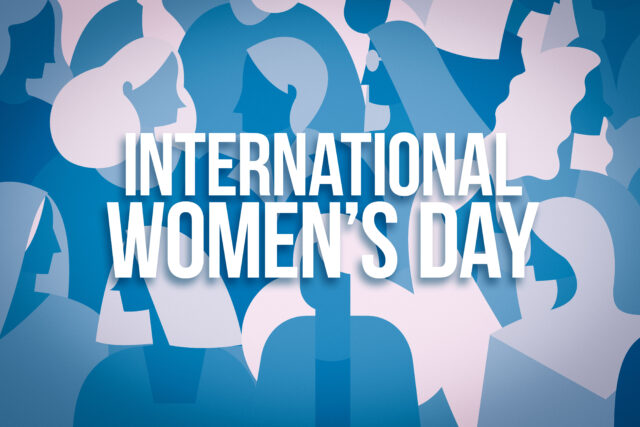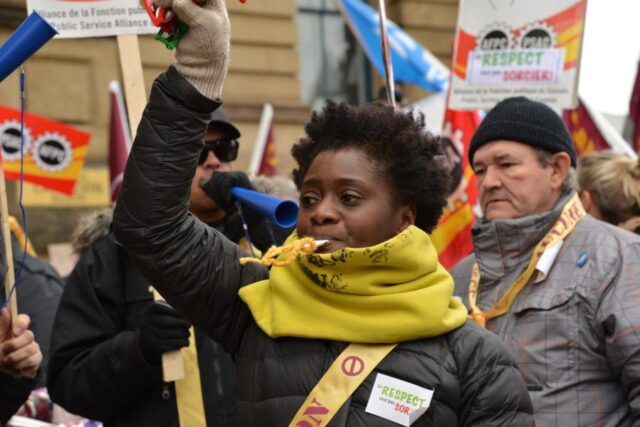Earlier this year, PSAC filed policy grievances with Treasury Board and federal agencies (including CBSA), further challenging the employer’s decision to impose its flawed hybrid work model on federal public service workers in the midst of collective bargaining negotiations.
At the same time, PSAC also encouraged members who were negatively impacted by the employer’s policy to file individual grievances, especially in circumstances not covered by the policy grievance. The following seeks to provide further guidance for members who wish to file an individual grievance — and clarify when this may not be necessary.
Denial of accommodation requests
Members who have been negatively impacted by the employer’s hybrid work plan with regards to a protected human rights ground — such as family status (including child or elder care responsibilities), or medical disability — should request to be accommodated under the employer’s duty to accommodate policy. Members who see their accommodation request denied would then be in a position to grieve per article 19 of the collective agreement and should consult with their local CIU representative. As with any other duty to accommodate grievance, appropriate documentation and evidence will be required through the duty to accommodate process.
Misrepresentation
Members who were expressly told or were given assurances by management that their telework arrangement would be permanent, and who are now being ordered to report to the office, should consider filing a grievance on misrepresentation.
Example of grievance language to consider: The employer promised that my position would be conducted exclusively and permanently through telework. I relied on that promise to my detriment. I grieve that the employer is now ordering me to attend at a physical work location, in contravention of the promise that was made to me with regard to my working conditions.
Grievance language should be tailored to specific situations, and members should first speak with their local CIU representative.
Poor policy implementation
In situations where the employer orders employees to report to the office but does so without proper rationale or in a way that contravenes Treasury Board’s own directive, members may be in a position to grieve. Situations to consider include:
- Failure to provide operational requirements supporting the need for in-person attendance.
- Insufficient justification for asking an employee to report to a specific work location.
- Singling out an employee to report to the office on a weekly basis.
Grievances in this category will vary greatly and will require detailed explanation as to why the employer is thought to be in error. Examples of grievance language to consider include I was not provided with the rationale for attending two days a week or I am the only member of my team who is required to attend on a weekly basis, but this will need to be supported by specific facts.
At the end of the day, these grievances need to focus on how the policy was implemented (and the resulting negative impacts) as opposed to grieving the hybrid work model itself, and members should consult their local CIU representatives.
When not to file
Outside of the circumstances listed above — denial of accommodation requests, misrepresentation, and poor policy implementation — individual grievances will most likely be redundant and are not recommended. The policy grievance filed by PSAC on behalf of our members (along with the earlier statutory freeze complaint) already covers the policy itself, the decision to order employees to report to work in person, and the implementation of the policy during bargaining.
It’s clear that the poorly thought out, one-size-fits-all approach favoured by Treasury Board, along with the general lack of consideration for work-life balance we’ve come to expect from CBSA, has proven to be highly frustrating for our members. That’s why CIU and PSAC are also pushing for better protections and improved telework language as part of ongoing bargaining efforts.
As always, we will keep you informed of any movement on this matter. Should members have any questions, they should reach out to their local CIU representative or Branch President.






